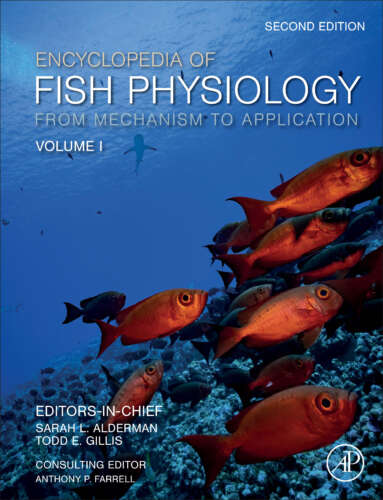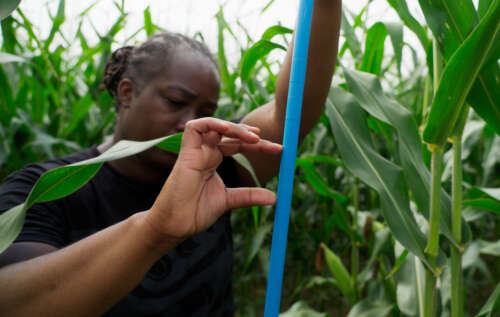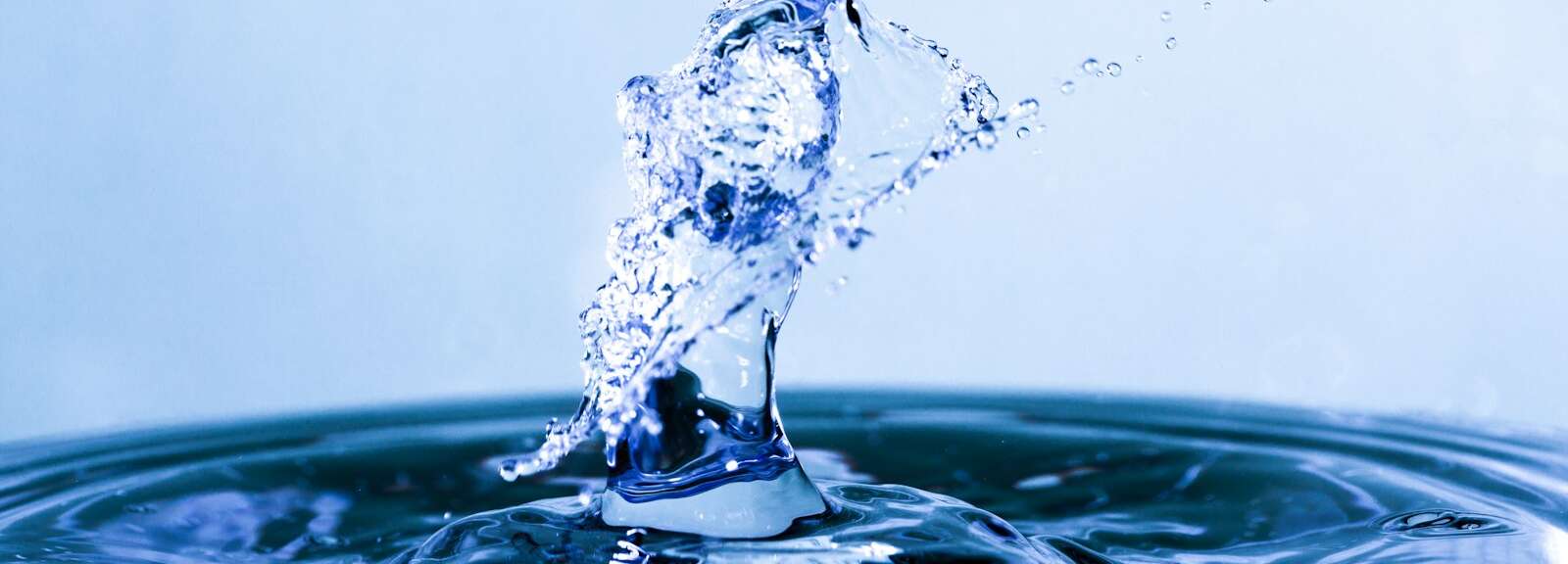Prosperity and peace rely on water. On March 22, the United Nations celebrates World Water Day, a day to celebrate water and inspire action to tackle the global water crisis.
This year’s theme, Water for Peace, draws attention to the ways that water can create peace or spark conflict. When water is scarce or polluted, or when people struggle for access, tensions can rise. By cooperating on water, we can balance everyone’s water needs and help stabilize the world.
We spoke to four of the University’s leading groundwater researchers in the School of Engineering about the theme of Water for Peace – hear what they have to say in Is Water ‘Peace’? Lessons from U of G’s Top Water Researchers.
As U of G works to contribute to a sustainable tomorrow, water research is core component of what we do. From researching water-borne pathogens to protecting groundwater to monitoring ecosystem health, U of G researchers are contributing to clean water for all.
Learn more about the World Water Day event and U of G’s ongoing research below.
Event: World Water Day 2024
U of G’s Morwick G360 Groundwater Research Institute and the School of Engineering invite you to join for a World Water Day event! Hear three engaging presentations from Dr. Jonathan Munn, Assistant professor, School of Engineering, Dr. Sophie Erfurth, Post-doctoral Fellow, Morwick G360, and Carlos Marques, Visiting International PhD student, Morwick G360 and view student posters.
- Friday, March 22, 1:30 to 3:30 p.m. (Adams Atrium, Thornbrough building)
CEPS researcher shows how climate change impacts urban lake ecosystems
School of Engineering professor Dr. Ed McBean has developed a study together with the Credit Valley Conservation Authority to predict the future impact of cyanobacteria on an urban lake. While many factors influence the health of aquatic ecosystems and the growth of blooms caused by cyanobacteria, water temperature is a key parameter. The results from the study indicate that if current climate trends continue, we could see increases in cyanobacteria blooms in future years.
U of G collaboration recognized Nationally for advances in groundwater protection
For two decades, Dr. Beth Parker, a professor in the School of Engineering and director of the Morwick G360 Groundwater Research Institute has collaborated with the City of Guelph and two environmental engineering firms to enhance the City’s groundwater monitoring network. In 2023, the National Sciences and Engineering Research Council (NSERC) honoured this ongoing collaboration with a prestigious Synergy Award for Innovation.
Release of Encyclopedia of Fish Physiology, second edition
 On March 15, Dr. Sarah Alderman and Dr. Todd Gillis of the College of Biological Science released a new edition of the Encyclopedia of Fish Physiology, the most comprehensive coverage of fish physiology and biology to date, written in collaboration with 12 editors and 320 authors from around the world and of multiple career stages.
On March 15, Dr. Sarah Alderman and Dr. Todd Gillis of the College of Biological Science released a new edition of the Encyclopedia of Fish Physiology, the most comprehensive coverage of fish physiology and biology to date, written in collaboration with 12 editors and 320 authors from around the world and of multiple career stages.
Many scientists all over the world study fish for a variety of reasons, including understanding the impact of climate change and changes in environmental conditions. By studying fish, researchers can better understand how changes in temperature, oxygen and pollution impact aquatic ecosystems. To enable undergraduate instructors to use the materials in their lectures, each chapter is accompanied by a teaching slide.
U of G welcomes first Canada Excellence Research Chair in Waterborne Pathogens: Surveillance, Prediction and Mitigation
As a recognized leader in research excellence and innovation in support of mitigating waterborne disease, U of G recently announced Dr. David McCarthy as the Canada Excellence Research Chair in Waterborne Pathogens: Surveillance, Prediction and Mitigation at U of G. By developing novel devices and technologies, McCarthy’s research will receive $8 million in federal funding to ensure the safety of water in Canada and around the globe with a transdisciplinary team of researchers from the College of Engineering and Physical Sciences, the Ontario Agricultural College and the Ontario Veterinary College.
Soils at Guelph featured on TVO’s ‘Water Brothers’

Four U of G soil experts from the School of Environmental Sciences – Dr. Claudia Wagner-Riddle, Dr. Kari Dunfield, Dr. Adam Gillespie and Dr. Genevieve Ali – are part of a half-hour mini documentary “Save our Soils” on TVO’s Water Brothers. The episode explores the way soil is foundational to clean water and our food supply and is available to watch on TVO’s YouTube page.
